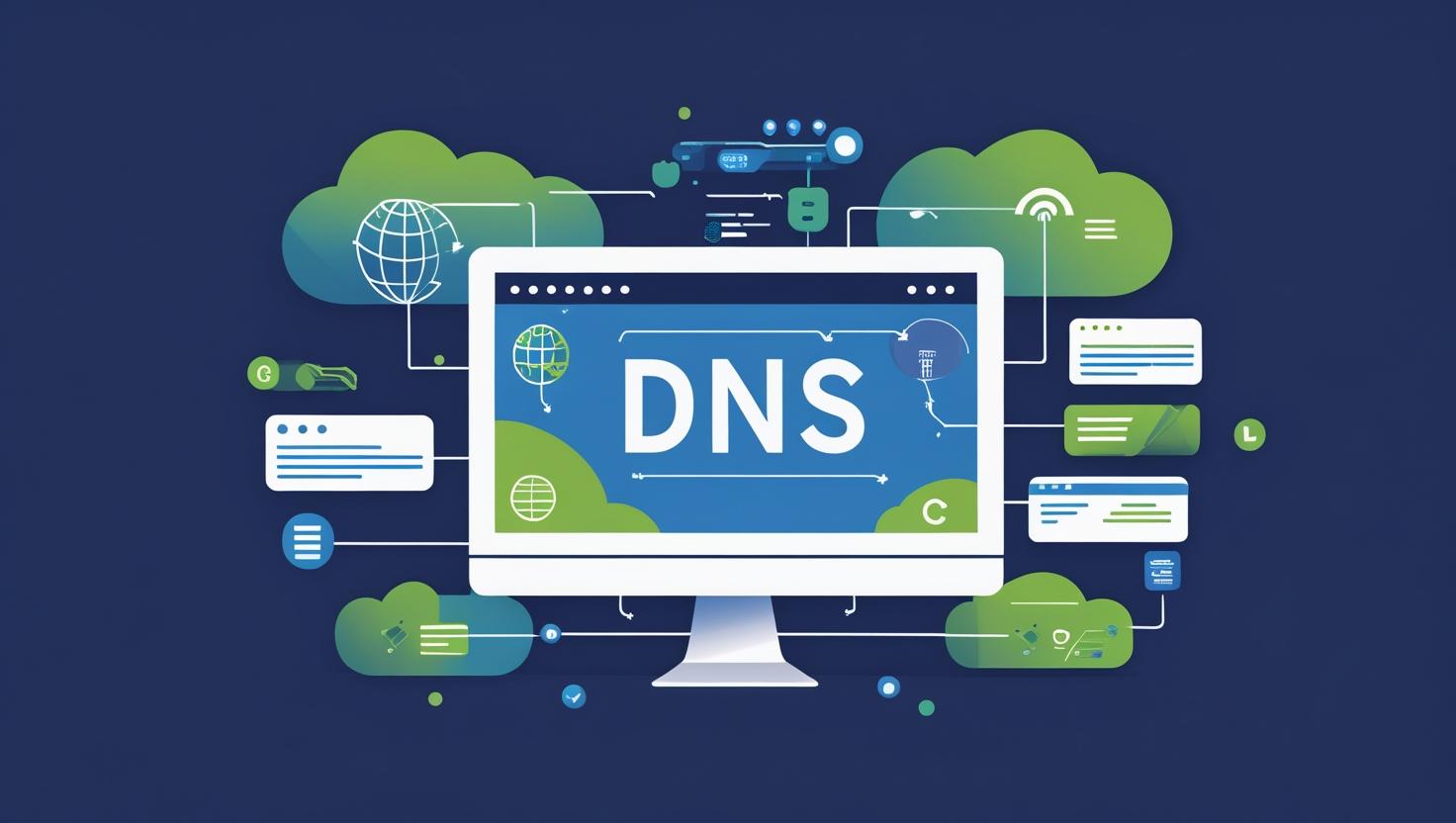If you own a business, you've probably heard terms like “domain name” and “web hosting” tossed around—but what about DNS?
Understanding DNS (Domain Name System) can help you make smarter decisions about your website, protect your brand, and avoid technical headaches down the road. Don’t worry—this article will explain it in plain English, without any tech jargon.
What Is DNS?
Imagine the internet as a giant phonebook.
When someone wants to visit your website (let’s say yourbusiness.com), they type that domain into their browser. But underneath the hood, the internet doesn’t actually understand names—it uses numbers called IP addresses (like 192.0.2.1) to find websites.
That’s where DNS comes in.
DNS (Domain Name System) acts like a translator or directory. It takes the domain name people type in and translates it into the IP address that computers understand. It’s what connects your domain to your website.
Why Is DNS Important to Your Business?
1. It Keeps Your Website Accessible
If your DNS settings aren’t configured correctly, your website might not load—at all. It would be like putting up a billboard with no directions. Proper DNS ensures that people can actually reach your site.
2. It Affects Email Delivery
Many business owners don’t realize that DNS also plays a role in email. If your email is connected to your domain (like you@yourbusiness.com), your DNS settings need to be right—or your messages may never arrive.
3. It Impacts Security
DNS settings can be used to add layers of protection, such as blocking phishing attempts or directing traffic through secure connections. Incorrect DNS settings can make your site vulnerable to hackers or domain hijacking.
4. It Helps With Branding
DNS settings are also how you connect subdomains (like shop.yourbusiness.com or blog.yourbusiness.com) to different parts of your business. It gives you flexibility and control over how your brand appears online.
Who Manages DNS?
Typically, your domain registrar (like GoDaddy, Namecheap, or Google Domains) or your hosting provider offers a DNS management panel. This is where you (or your web developer) can manage DNS records like:
- A Records – Connect your domain to your server’s IP address
- MX Records – Direct your email to the right provider
- CNAME Records – Point subdomains to another domain or service
- TXT Records – Add verification and security info
If this all sounds a bit overwhelming, it’s okay. Many business owners leave DNS setup to their developer or IT team—but it’s smart to at least know what it does.
Quick Tips for Business Owners
- Know where your DNS is managed – Keep a record of your domain registrar login info.
- Use reputable services – Cheap DNS can lead to slow load times or outages.
- Secure your domain – Enable two-factor authentication and domain locking if available.
- Talk to your web team – Make sure your DNS is optimized for speed, uptime, and security.
Final Thoughts
You don’t need to be a tech expert to understand the basics of DNS. Just like you wouldn’t build a storefront with no address, you don’t want your website or emails to be unreachable. DNS ensures that your customers can find you online, trust your site, and get in touch.
If you're ever unsure about your DNS settings or domain setup, ask your web professional—or reach out to someone who manages websites for small businesses. It’s a small part of your online presence, but it plays a big role in your digital success.
